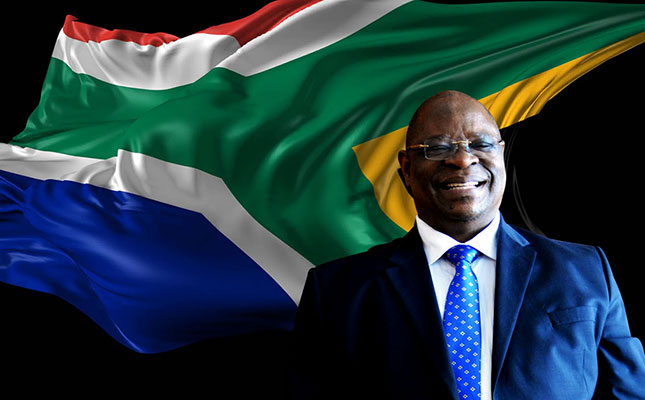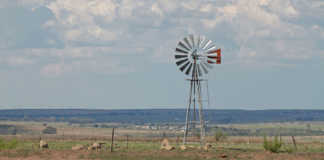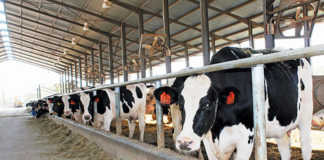
Photo: Facebook/Commission of inquiry into state capture.
Allegations of murder, death threats and state capture have been in the spotlight during testimony on the Vrede Dairy project, also known as the Estina project, at the Commission of Inquiry into State Capture since 22 July.
The multi-million rand dairy project was part of an alleged state capture deal involving senior politicians and role players from the Gupta family. Intended beneficiaries have testified that they never benefitted from the project and were now living in fear.
Emerging farmer Ephraim Dhlamini told Deputy Chief Justice Raymond Zondo, who heads the inquiry, that he had received death threats, which he had reported to the South African Police Service and the Hawks. According to Dhlamini, police officials had not responded to his reports.
He said that he was not the only person who had been threatened, and added that some had even been murdered. In this regard, he highlighted the death of Moses Tshake, who was an auditor with the provincial agriculture department at the time of his death in 2013.
“… if in Vrede, you have spoken [about Mosebenzi] Zwane, you won’t sleep in your house; you’ll have to run away from your house because they will chase after you or threaten to kill you,” he said during his testimony.
Ryan Brunette, a researcher with the Public Affairs Research Institute who specialises in procurement issues, said the Estina case followed a pattern that was becoming quite common in South Africa.
He said public administration was about checks and balances, and that processes needed to be separated in such a way that no single person or grouping could control their outcomes.
“Politicians are using their powers of appointment to and removal from public administrations to violate this principle, bridging segregations of duties with their personal connections, and undercutting checks and balances,” he said.
“South Africa needs to rethink the Public Service Act and other legislation that gives too much power to politicians in administrative appointment and removal decisions.”












